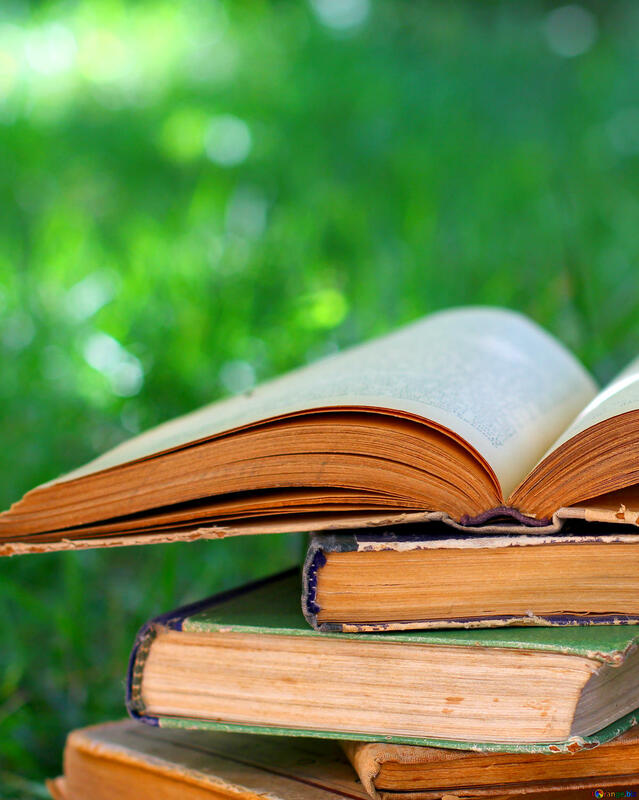|
by Kyle Frackman (University of British Columbia)
For several years, my research has focused on the history and culture of the German Democratic Republic (GDR, East Germany). Many people are familiar with some of the basics about East Germany (e.g., single-party state, socialism/communism, Berlin Wall), but there is little common knowledge about my focus within GDR Studies: the experiences and depictions of lesbians and gay men in East Germany. In what follows, I will discuss some of the things we can learn from studying this subject and why these topics matter. Who is remembered and how? Already before the GDR’s founding in 1949, the East German regime and officially sanctioned organizations declined to consider homosexuals to be victims of fascism. This was most overt in the 1940s and 1950s, but arms of the government, including the Ministry for State Security, or Stasi, enforced this position in the 1970s and 1980s as a part of their targeting of lesbians and gay men. The reasoning was that (male) homosexuality was considered a crime under §175, which prohibited certain sexual acts while the Nazis were in power in Germany. Thus, the argument goes, homosexuals are qualitatively different in their persecution from, for example, the Jews persecuted by the Nazis. The Association of Persecutees of the Nazi Regime (Vereinigung der Verfolgten des Naziregimes, VVN) was unwilling to count homosexuals as eligible for membership, since, in the VVN’s perspective, they did not struggle against the Nazis as part of the antifascist resistance. Who is a criminal? From the GDR’s founding in 1949 until 1968, same-sex sexual acts among men were criminally prohibited. Even after 1968, however, same-sex relationships remained publicly unacceptable and taboo, and were still criminalized through the difference in ages of consent of homosexual and heterosexual relationships. The law which criminalized male same-sex acts (§175) was finally repealed (in 1988 in the GDR) and removed in all forms from reunified Germany’s laws in 1994. Efforts toward reparations for the individuals these laws targeted continue slowly. (This is an issue in other countries, like Canada and the United Kingdom, where various forms of anti-homosexual discrimination were present.) Whose relationships are acknowledged? East Germany was a heterosexist state, based on a system of compulsory heterosexuality. The GDR’s first constitution of 1949 set out to address sexism and to codify the equality of men and women. In doing this, however, the constitution also systematizes women in the position of wife and mother, setting up the heterosexual, marital, family-based model of East German society. The GDR’s efforts to create and maintain sex/gender equality also established an important triad—man-woman-family—which would further serve to ostracize lesbians and gay men, who could not be a part of this social structure upon which the GDR’s “real-existing socialism” was based. Although the German Democratic Republic is now extinct, its legacies remain. Many who experienced discrimination and oppression in East Germany are still alive and have memories of these events. Recent documentary films have engaged with the topic of lesbians and gay men in East Germany: Among Men – Gay in the GDR (2012) and Out in East Berlin: Lesbians and Gays in the GDR (2013). Coming Out(1989), the only feature film produced in East Germany that focuses on homosexuality, remains a popular addition to film festivals, especially queer film series and events held around anniversaries of the fall of the Berlin Wall or Reunification. Beyond the direct connection to the GDR, however, studying these events and their aftermath can teach us more about marginalized communities, whether in a system of state-sponsored socialism and totalitarian control or under democratic institutions.
0 Comments
Your comment will be posted after it is approved.
Leave a Reply. |
Editorial Collective & Submission Information
The DDGC Blog is edited by an editorial collective. For more info about the collective and extensive submission information, click here. We want to amplify your ideas. Have an idea for a short or long post? We'd be glad to talk about it and help you get it published. Archives
January 2023
|

 RSS Feed
RSS Feed
